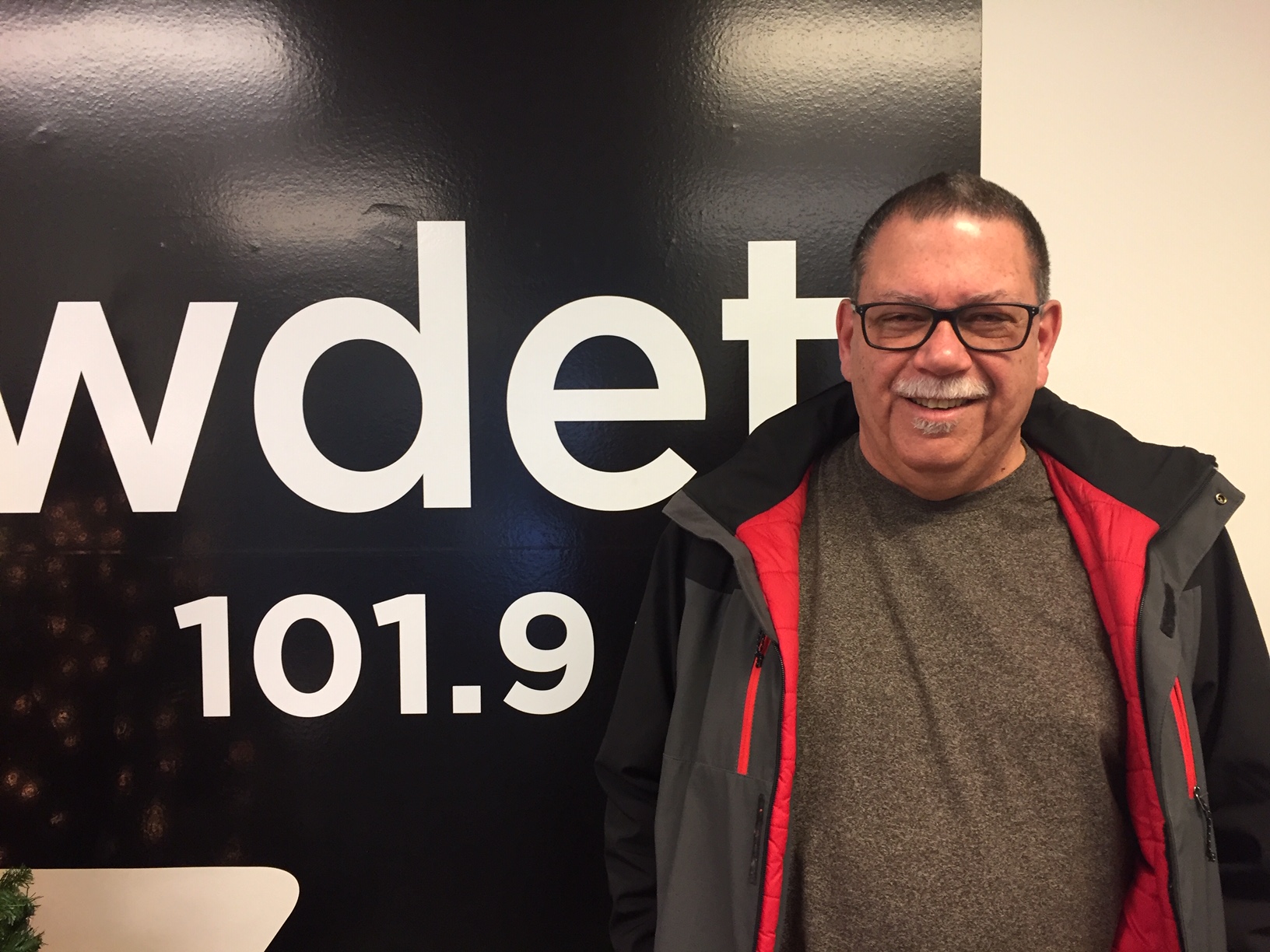Macomb County is Diversifying, But Minorities Don’t See Electoral Gains
The population in southern Macomb County communities has become increasingly diverse over the past 20 years, but political representation hasn’t followed.

Macomb County is in the national spotlight as a possible bellwether county for the 2020 U.S. Presidential election.
But despite its national implications, residents may just want to talk local issues.
“Macomb County has changed drastically, but you don’t see that change reflected in elected officials.” – Joel Rutherford, Democratic Black Caucus of Macomb County
One of those issues is racial representation at a local level. At an Election 2020 event held by Detroit Public Television in Warren just before Thanksgiving, Joel Rutherford expressed concerns about an absence of discussions about race in area politics.
“People that have been in charge for so long, they don’t want to give up that power,” says Rutherford. “The power has been generational. There’s a lot of name recognition. Macomb County has changed drastically, but you don’t see that change reflected in elected officials.”
Rutherford is chair of the Official Democratic Black Caucus of Macomb County. He sat down with WDET’s Jerome Vaughn to talk why there aren’t more people of color in Macomb County municipal governments.
Click on the player above to hear Macomb County’s Joel Rutherford talk about increasing representation in local government.
Jerome Vaughn, 101.9 WDET: So, as you are living and working in Warren and trying to make a difference, what are the effects of the lack of discussion [around racial representation]?
Joel Rutherford, Macomb County Democratic Black Caucus: Unfortunately, a lot of people are a little bit too comfortable with that lack of discussion. Too often times, it almost seems they are afraid to have those discussions even when you want to have it not an adversarial way, but in a way to explain to people.
“A lot of people don’t want to see it because the first thing they think is you’re calling them a racist.” – Joel Rutherford, Macomb County
Let’s take Warren. Warren is losing residents after this next census, they’re probably going to drop to fourth, I’ve heard even possibly fifth, largest in the state. You have to make it a place that people want to move to. Yeah, people have moved there because of their economic situations have become better. Some of my neighbors and stuff that moved from Detroit, they’re happy living there, but they’re not happy with what they are seeing, as far as representation, and that’s the conversation that too many elected officials just seem not to want to have.
Not all. I mean, there’s a number of them that will sit down and have that honest, heart-to-heart discussion sort of speak. But a lot of people don’t want to see it because the first thing they think is you’re calling them a racist. And it’s like, ‘No, I’m not calling you a racist. I’m just trying to say, open your eyes.’
One of the reasons we’re looking at Center Line is that there’s been a large change in diversity in that city over the last 20 years, and in much of Macomb County we’re seeing shifts and whatnot. What are the solutions in your mind. How do you win that struggle?
Conversations. Mayors, city council members and others had to sit down and have a conversation. And when I invited them, I told them I said, ‘Look, this isn’t a media event. This isn’t a photo opportunity’. We need to sit down, talk, come up with a plan that the cities or counties or whoever can address these issues — but within 90 days that we can go back and say, okay, what’s your plan to improve these things?
“People of color are there. All they’re asking for is a rightful voice and some say so in how their communities are run or how their counties are run.” – Joel Rutherford, Macomb County
Because too often, we have these wonderful conversations in these meetings, but then no progress is made. It’s something that I hope that people in Macomb County understand.
The county’s changing. And just face that, you know. Don’t be afraid of it. The change is going to happen, whether they like it or not. People of color are there, and I don’t mean just African Americans, you know. Bangladeshi, Hmong, you know, people from all over the world that are there contributing to the cities and the county. All they’re asking for basically is, you know, a rightful voice and having some say so in how their communities are run or how their counties are run.
What is it that is attracting these diverse residents to Macomb County?
A lot of different reasons, really. It’s because you have big communities there. The Bangladeshi community, I know, they have a large community that’s been there for a number of years. The Chaldean community. They’ve set up their own kind of infrastructure, so to speak, where they’re helping each other and doing things and stuff, and that’s something that is in a very positive manner. And it’s something that I think that, if the people that have been there, let’s say for sometimes generations wouldn’t look at them as, you know, well, they’re different. Well, yeah, they are different, but that’s okay. There’s nothing wrong with being different as long as they’re being good residents and good citizens, that shouldn’t matter.
